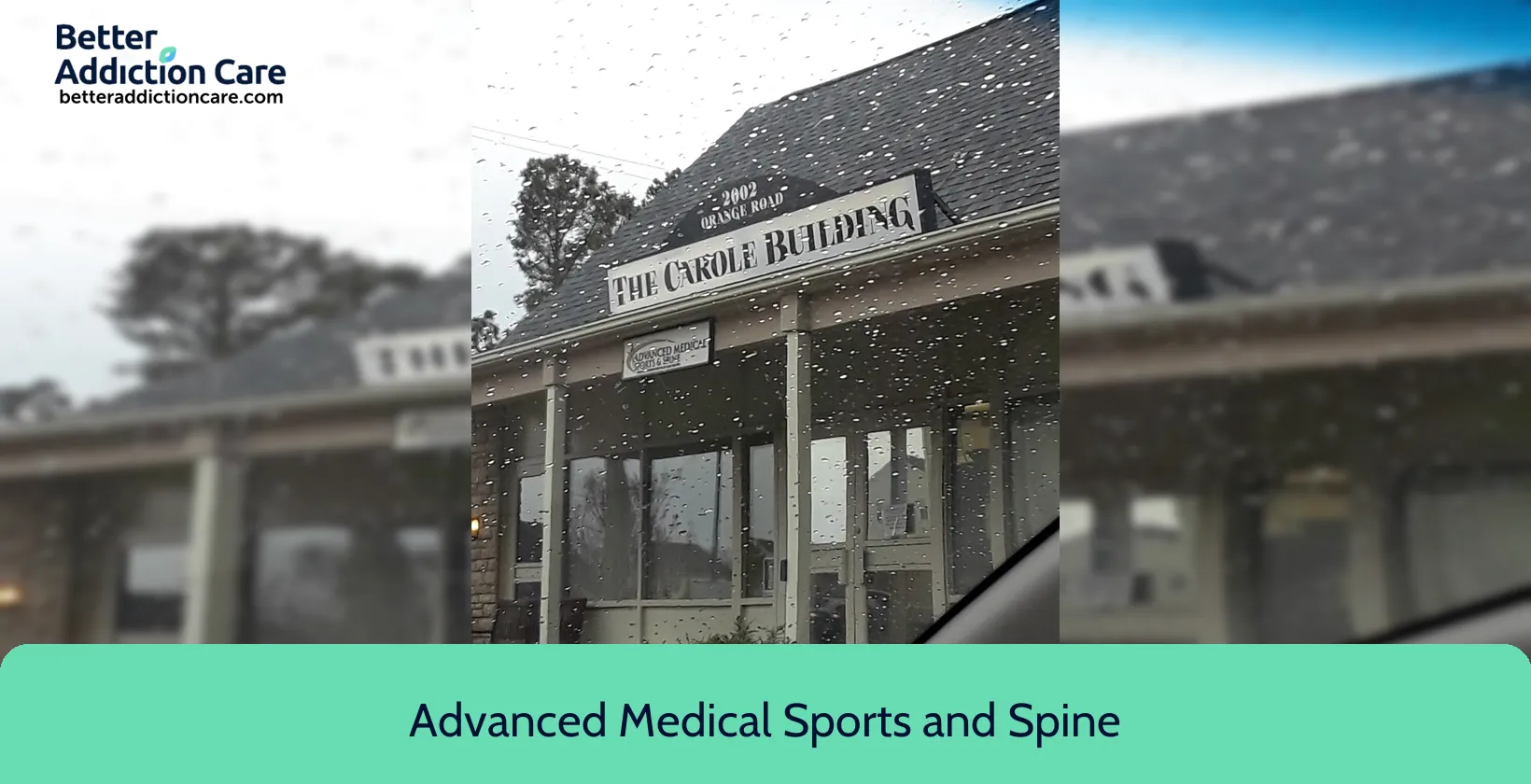Empowering Families Program

Overview
Empowering Families Program is an accredited mental health treatment center that provides outpatient detoxification, for men from 18+ years of age. As part of their special programs, Empowering Families Program treats clients who have experienced trauma, clients with co-occurring mental and substance use disorders, and veterans. To help patients achieve sobriety, Empowering Families Program provides intake assessments. Afterward, patients receive 12-step facilitation, group counseling, and individual psychotherapy during treatment. Empowering Families Program is located in Culpeper, Virginia, providing treatment for people in Culpeper County, accepting medicaid, private health insurance, and cash or self-payment.
Empowering Families Program at a Glance
Payment Options
- Medicaid
- Private health insurance
- Cash or self-payment
- Medicare
- Federal military insurance (e.g., TRICARE)
Assessments
- Comprehensive mental health assessment
- Comprehensive substance use assessment
- Screening for tobacco use
Age Groups
- Adults
- Children/adolescents
- Young adults
- Seniors or older adults
- Seniors
Ancillary Services
- Court-ordered outpatient treatment
- Diet and exercise counseling
- Education services
- Family psychoeducation
- Suicide prevention services
Highlights About Empowering Families Program
7.18/10
With an overall rating of 7.18/10, this facility has following balanced range of services. Alcohol Rehabilitation: 8.62/10, Drug Rehab and Detox: 6.00/10, Insurance and Payments: 6.53/10, Treatment Options: 7.58/10.-
Alcohol Rehabilitation 8.62
-
Treatment Options 7.58
-
Insurance and Payments 6.53
-
Drug Rehab and Detox 6.00
Accreditations
SAMHSA certification for opioid treatment program (OTP):
SAMHSA's Opioid Treatment Programs (OTP) accreditation is a prestigious recognition that signifies a program's compliance with stringent standards and guidelines established by the Substance Abuse and Mental Health Services Administration (SAMHSA). This accreditation demonstrates an OTP's commitment to providing high-quality, evidence-based care for individuals struggling with opioid use disorder (OUD). It serves as a trusted symbol of accountability and excellence, assuring patients, families, and communities that the OTP offers safe, effective, and comprehensive treatment options for OUD.
State department of health:

Government agencies issue State Licenses, granting rehabilitation organizations permission to operate their businesses lawfully within specific geographic regions. The specific licenses needed for legal operation are typically determined by the type of rehabilitation program offered by the facility and its physical location.
Treatment At Empowering Families Program
Treatment Conditions
- Mental health treatment
- Alcoholism
- Opioid Addiction
- Substance use treatment
- Co-occurring Disorders
Care Levels
- Detoxification
- Outpatient
Treatment Modalities
- 12-step facilitation
- Group counseling
- Individual psychotherapy
- Family counseling
- Marital/couples counseling
Ancillary Services
Special Programs
- Clients who have experienced trauma
- Clients with co-occurring mental and substance use disorders
- Veterans
- Active duty military
- Members of military families
Get Help Now
Common Questions About Empowering Families Program
Contact Information
Other Facilities in Culpeper

7.00

6.82

6.84
DISCLAIMER: The facility name, logo and brand are the property and registered trademarks of Culpeper Treatment Services, and are being used for identification and informational purposes only. Use of these names, logos and brands shall not imply endorsement. BetterAddictionCare.com is not affiliated with or sponsored by Culpeper Treatment Services.
